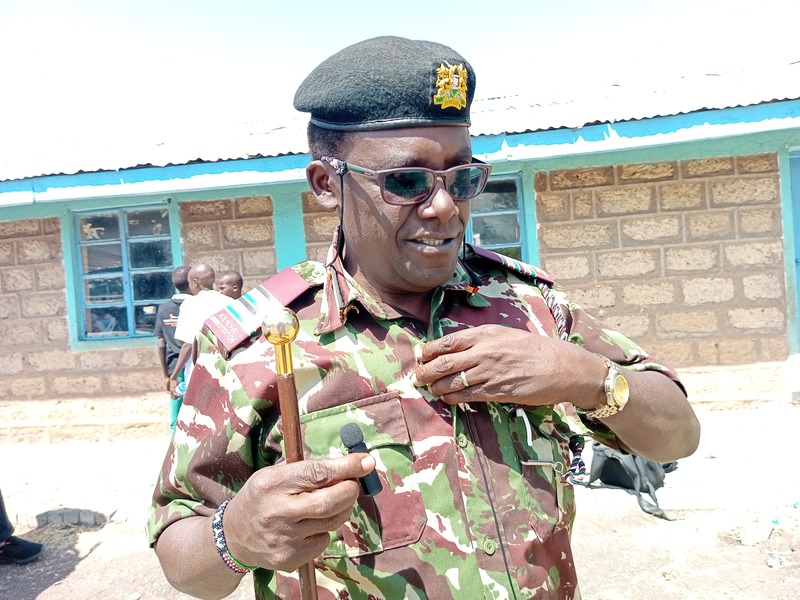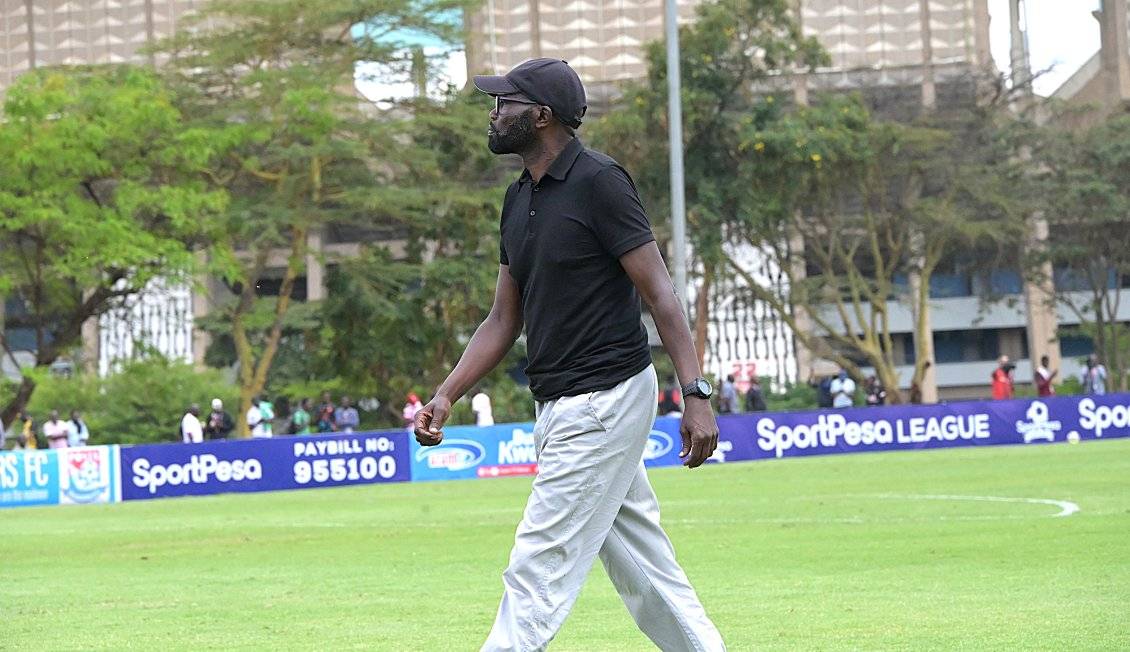Isiolo chiefs ordered to rein on parents abetting FGM

Musango ordered chiefs to have parents and guardians who subject their daughters to the cut arrested and prosecuted for the offence which has a devastating impact on their education.
Isiolo Deputy County Commissioner Patrick Musango has warned chiefs and their assistants against condoning Female Genital Mutilation (FGM) in their areas and ordered them to rein in parents abetting the vice.
Musango ordered chiefs to have parents and guardians who subject their daughters to the cut arrested and prosecuted for the offence which has a devastating impact on their education.
More To Read
- Maasai community leads change as elders endorse fight against FGM and early marriage
- Stakeholders warn of increased FGM cases in Wajir during long school holiday
- Gender CS Cheptumo calls for collective action against teenage pregnancies
- From silence to strength: The Kenyan women ending FGM and early marriages
- Nowhere to run: How girls escaping harm still find themselves in unsafe spaces
- Male circumcision is made easier by a clever South African invention - we trained healthcare workers to use it
"FGM remains a major barrier to girls' education which the government is so keen on to ensure like the boys, they transit to the highest level and achieve their dreams to become productive citizens later in life," he said while stressing the need to protect girls from physical and psychological harm.
FGM is the partial or total removal of external female genitalia or piercing of the genitalia area for non-medical reasons. It may cause severe bleeding, urinary problems, infections complications during childbirth and an increased risk of newborn deaths.
The administrator cited medicalised FGM that is carried out by medical practitioners among the challenges in the fight and revealed plans to scale up sensitisation at the grassroots to ensure the residents are aware of the negative effects of the outdated practice.
He also implored religious leaders and local elders to help debunk myths and misconceptions around FGM and Islam and educate the local communities on the need to embrace alternative rites of passage.
"Members of the public should also tip the chiefs and village elders of planned rites so that prompt action is taken and the perpetrators arrested. The elders and clerics should tell our people that FGM is not a religious obligation," Musango said.
An alarming 66 per cent of women aged between 15-49 years had undergone the cut in the county against the national average of 21 per cent, according to the 2022 Demographic and Health Survey.
Many of the girls in pastoralist communities are socialised into perceiving the rite as a requirement for "social acceptance" and for "increasing their marriage prospects".
The majority of the girls who undergo the cut are seen as mature women and married off stifling their education dreams.
Outlawed in 2011, FGM remains rife, especially in Somali, Samburu, Abagusii and Maasai communities.
More than 200 million girls and women alive today have undergone FGM in 30 countries in Africa, the Middle East and Asia where FGM is concentrated according to World Health Organisation.
Top Stories Today













































